Nobody likes to imagine worst case scenarios, but it is crucial to have a plan in case you have to evacuate with your horse in case of an emergency. Depending on where you live, you may need to be prepared for the possibilities of wildfires, flooding, tornadoes, hurricanes, or earthquakes. Since there’s no way to expect the unexpected, here are 10 evacuation preparation tips gathered from the Humane Society, The Horse, and Info Horse.
#1 - Keep important paperwork in an accessible watertight bag.

You’ll want the following information kept together and easy to grab in case of emergency:
-A photo of your horse, preferably with family members to help prove ownership
-Your horse’s age, breed, sex, and color
-Current Coggins tests
-Vet and vaccination information
-Other vital information such as medical history, medications, allergies, and emergency contact information
#2 - Permanently identify your horse...
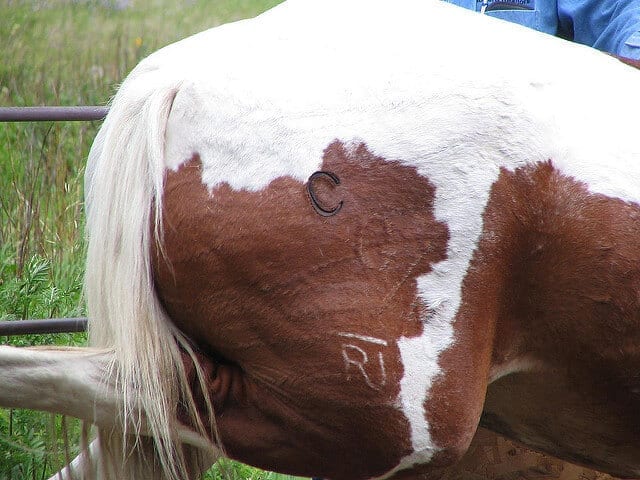
...With a tattoo, microchip, or brand.
#3 - Attach a luggage tag to your horse’s halter

Include your horse’s name and your name, email address, cell phone number, and emergency contacts where somebody can be reached. Also consider adding temporary information tags such as a leg band or a labeled ribbon braided into your horse’s mane or tail.
#4 - Practice trailering your horse...

...And make sure you have several people with trailers you can call if you don’t have a trailer or it isn’t big enough for all of your horses.
#5 - Have a plan...
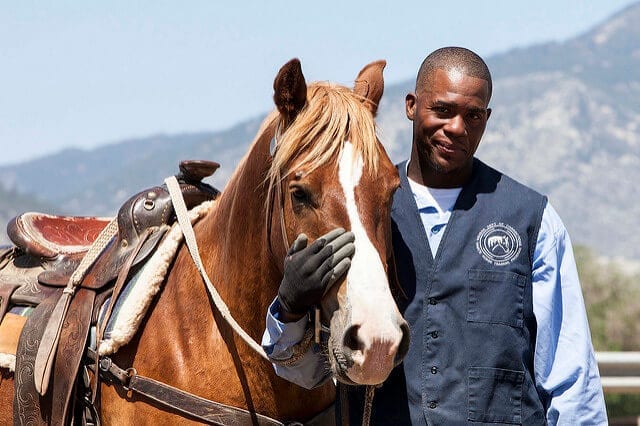
...For where you can take your horses. A neighbor’s property might work for a small emergency like local flooding, but larger emergencies may require you to take your horses some distance away. Plan ahead by calling places like: your local humane organization, agricultural extension agent, local emergency management agency, horse show facilities, fairgrounds, and rental facilities.
#6 - Evacuate immediately

The last thing you want is to be stuck on the only highway leading out of town when a hurricane or wildfire hits.
#7 - Bring:
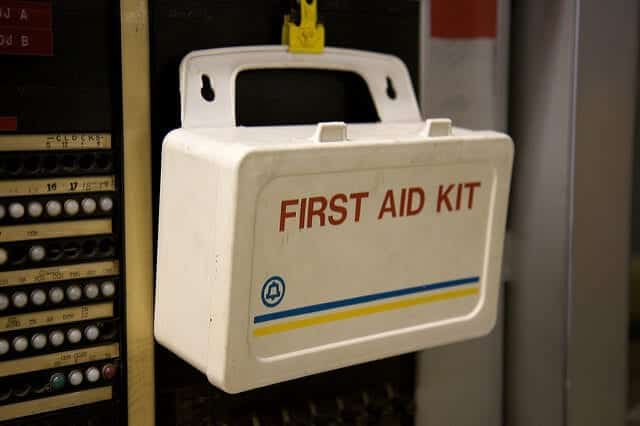
-A first aid kit
-Medications
-Enough hay, feed, and water (12-20 gallons per day per horse) to last several days
#8 - Practice, practice, practice

The more you, your family, and your horse practice an evacuation plan before it becomes a necessity, the smoother things will go in case of an actual emergency. Talk to your local fire department and see if they’ll come visit your property with their gear on to get your horses used to them and the smell of smoke that may accompany them. Have a wide variety of people interact with your horse to get him used to strangers. Practice trailering your horse frequently so he’ll be less likely to balk during an emergency.
#9 - Keep your evacuation plan visible in the barn
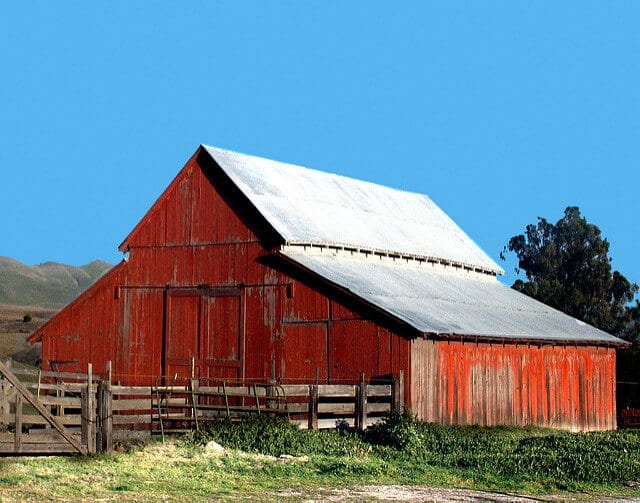
Review it from time to time and keep it somewhere it will be easy to grab and follow.
Horse Courses by Elaine Heney
- Listening to the Horse - The Documentary by Elaine Heney & Grey Pony Films
- Shoulder In & Out Training for better balance, bend & topline development with your horse
- Over 110+ Polework Exercises & Challenges to Download
- Dancing at Liberty & Creating Connection with Your Horse (11 lessons) - Grey Pony Films
#10 - Set up a phone tree or buddy system...

...With nearby horse owners and local farms. This could prove invaluable should you or they need to evacuate animals or share resources like trailers, pastures, or extra hands.

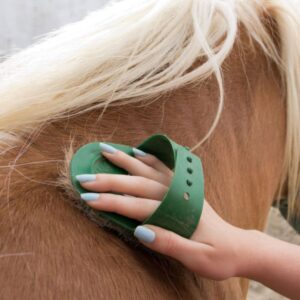



Leave a Reply